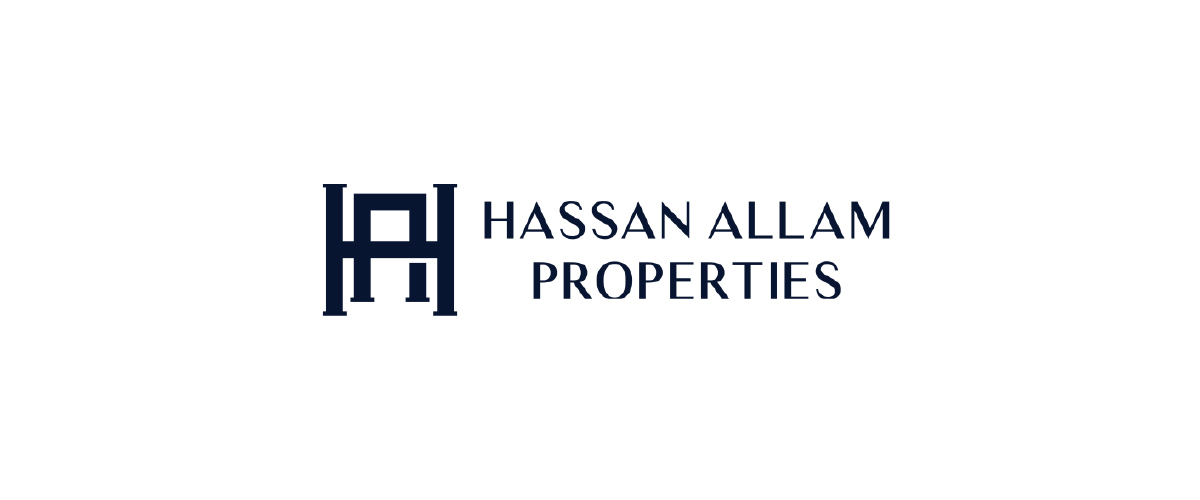
hassan allam
hassan allam
developer.verification
6
Projects
0
Launches
Contact
hassan allam
0
Reviews
Core Evaluation
Comprehensive assessment of developer's core competencies
Track Record
Hassan Allam Properties (HAP) is the real-estate subsidiary of the 85-year-old Hassan Allam Group. The holding company was founded in 1936; the real-estate arm began major projects around 2000. HAP is known for high-end residential and resort developments rather than mass housing. Notable early projects include the Little Venice resort (Ain Sokhna, 2002) and Swan Lake communities (Katameya, 2005). More recently HAP launched compounds like HAPtown (Mostakbal City) and Swan Lake New Cairo (2017). HAP emphasizes a boutique approach – quality over quantity – and its website claims a “large, trusting client base” built on its unique, stylish projects. In essence, HAP has steadily expanded from luxury beach resorts into urban mixed-use communities, maintaining its position as a prominent developer in Egypt.
Financial Credibility
HAP operates as a subsidiary of Hassan Allam Holding, one of Egypt’s largest engineering and construction groups. Public filings note the group completed an IPO of its shares on the EGX in 2018, making it a partially public entity. In 2024, HAP’s own CFO reported that the company invested EGP 5 billion in projects over that year, and plans to double investment in 2025. These figures indicate strong internal cash generation and capacity to finance new projects. We found no records of HAP defaulting on debts or facing financial disputes. (Parent-company controversies – e.g. a 2017 U.S. government settlement by Hassan Allam Construction – do not directly involve HAP’s property business.) HAP also benefits from the banking relationships of the Hassan Allam Group. Overall, HAP appears well-capitalized for its current development pace, with no public financial red flags.
Project Quality
HAP projects emphasize luxury finishes and resort-style amenities. According to marketing materials, HAP adheres to its core values of “delivering top-quality projects using the finest materials”. This is reflected in projects like Swan Lake Residences (New Cairo) and Park Central (Mostakbal City), which feature landscaped parks, clubhouses and modern architecture. Key projects (e.g. Haptown, Swan Lake series) blend natural elements (private lagoons, golf) with contemporary design. HAP’s compounds typically offer extended payment plans and promise on-time delivery. Promotional claims include “delivering units on time without delays” and “priority [on] customer comfort”. While these are self-reported, no widespread news of construction defects or missed deadlines has appeared. On the contrary, HAP highlights awards for its design and an emphasis on sustainability. We conclude that project quality meets premium-market expectations: buildings are upscale, amenities are as advertised, and no systemic delivery failures are evident.
Legal & Regulatory Standing
No major legal or regulatory issues related to HAP were found. As a formal company under Hassan Allam Holding, HAP is expected to hold the necessary development permits for its sites. We did not encounter reports of title disputes or permit irregularities for HAP projects. The only notable legal news involving the Hassan Allam name was external (e.g. a 2017 False Claims settlement by Hassan Allam Construction and a 2024 union case, but these do not implicate the HAP real-estate business directly). In Egypt’s 1st Settlement of New Cairo, where many HAP projects lie, regulators have not flagged any outstanding issues with HAP’s developments. In sum, HAP appears compliant with local regulations, and no public lawsuits or ownership challenges have been reported in the last year.
Customer Experience
HAP professes a customer-centric ethos. It advertises extended payment plans and emphasizes “priority [on] customer comfort” throughout development. The developer claims high transparency and personal service: listings note “transparent relationships with clients” and “no delays” in delivery. Such statements suggest a focus on communication and after-sales support. While independent buyer reviews are scarce, HAP’s steady sales and repeat investors imply a satisfactory reputation. We found no widespread consumer complaints or social-media backlash against HAP (in contrast to some larger mass developers). Overall, HAP’s approach appears conscientious, and customer experience is portrayed as a key priority.
Market Reputation
Industry sources recognize HAP as a leading boutique developer. Developers-EG (a local portal) calls HAP “one of the largest” and “prominent” real estate firms. Egypt Real Estate publications hail HAP’s projects as “premier” and list HAP among “Egypt’s most trusted developers,” highlighting its “excellence in real estate”. HAP’s Swan Lake brand and its luxury resorts garner media coverage emphasizing quality living. The company maintains a low profile compared to giants like SODIC, but within its segment HAP enjoys a strong, positive reputation. We encountered no negative rumors; instead, press and portals uniformly praise HAP’s innovation and design. Peer developers acknowledge HAP’s presence, though it mainly competes in a niche (high-end compounds and resorts).
Innovation & Sustainability
HAP promotes green and tech-savvy design in its projects. Its marketing highlights “eco-friendly developments with green architecture” and “modern technology” integration. For example, their Swan Lake and Little Venice resorts incorporate natural water features and landscaped settings. The company reports using sustainable materials and supporting community programs. While not as publicly quantified as SODIC’s EDGE award, HAP’s focus on “smart city infrastructure” and premium amenity-driven communities suggests it values innovation. Given its emphasis on exclusive, eco-conscious living environments, HAP can be considered above-average on sustainability for the local market, even if concrete green certifications are not publicly listed.

